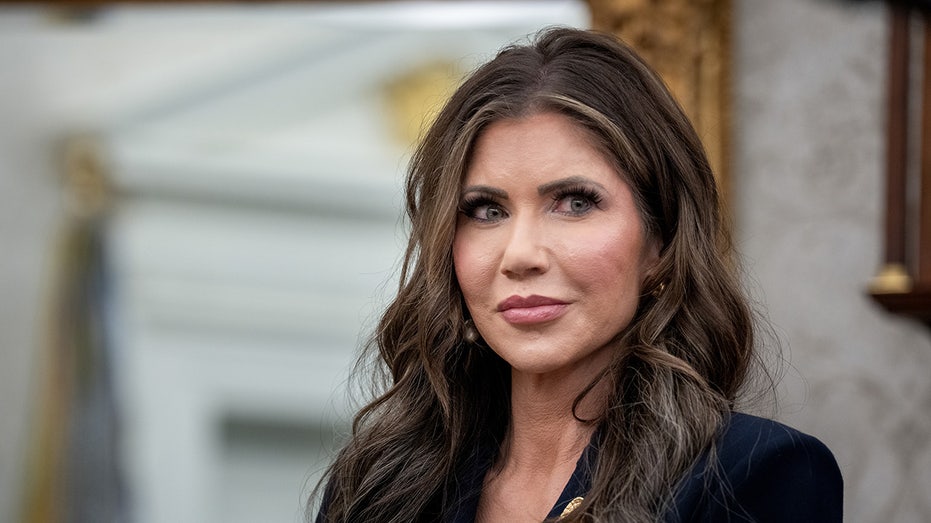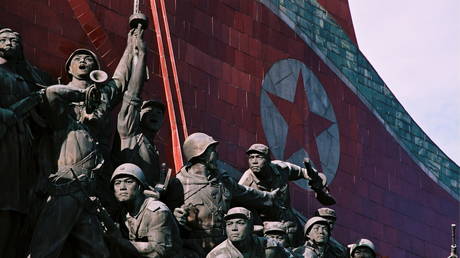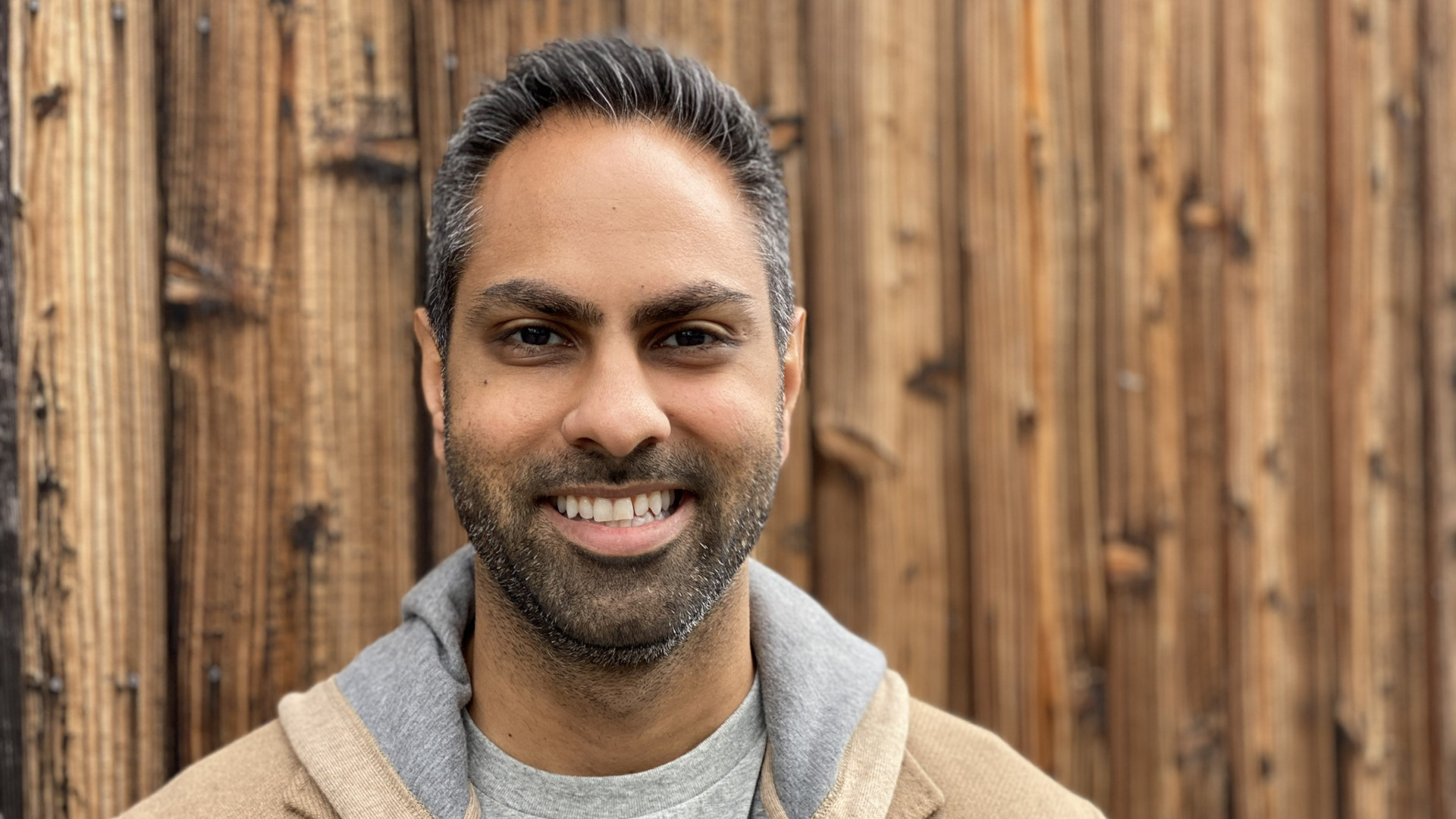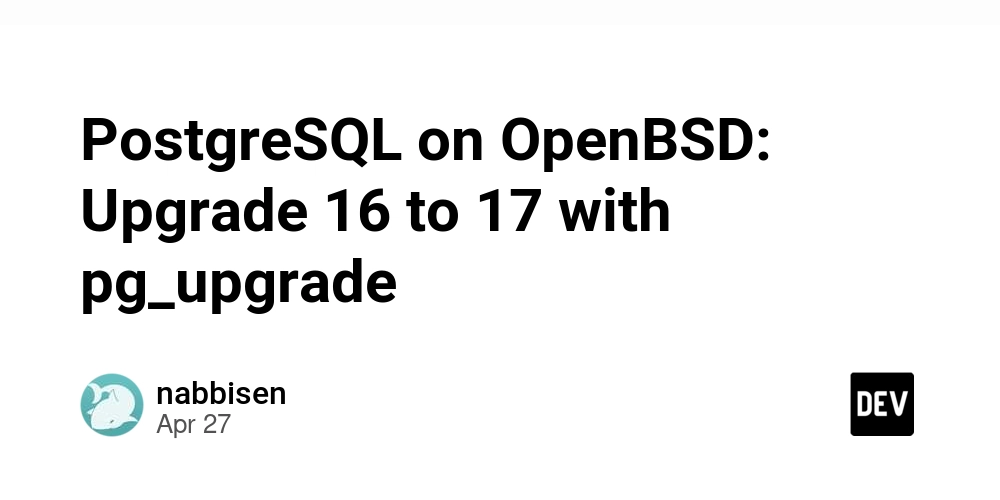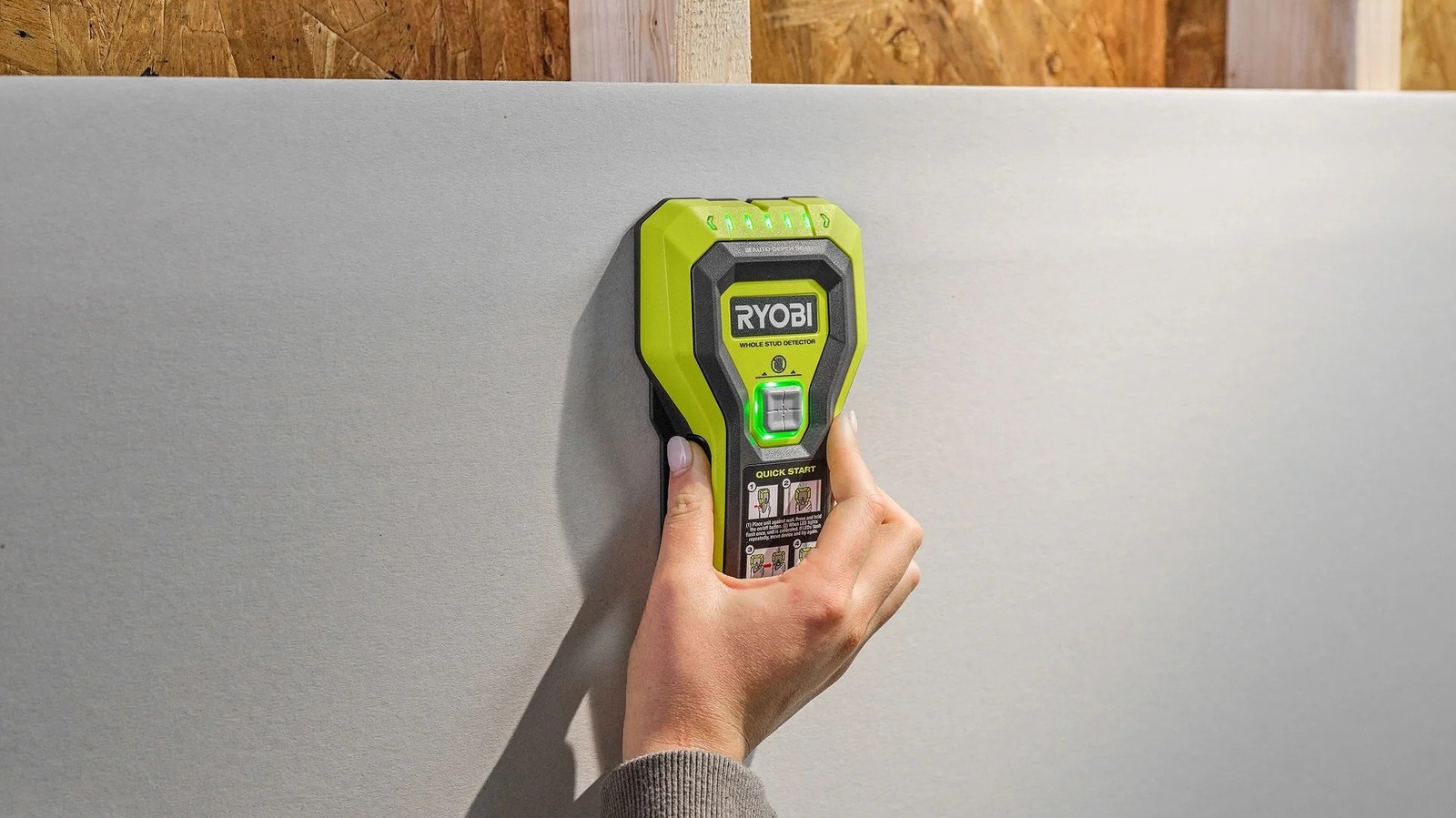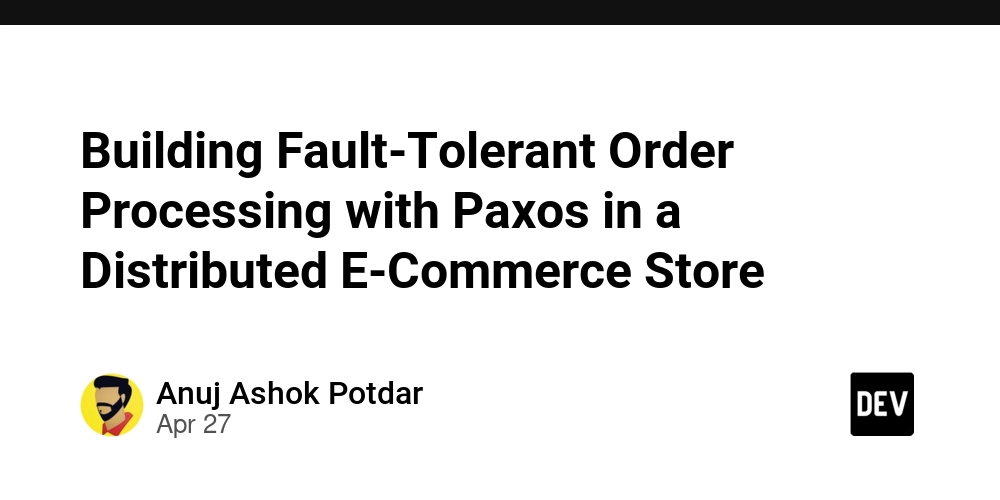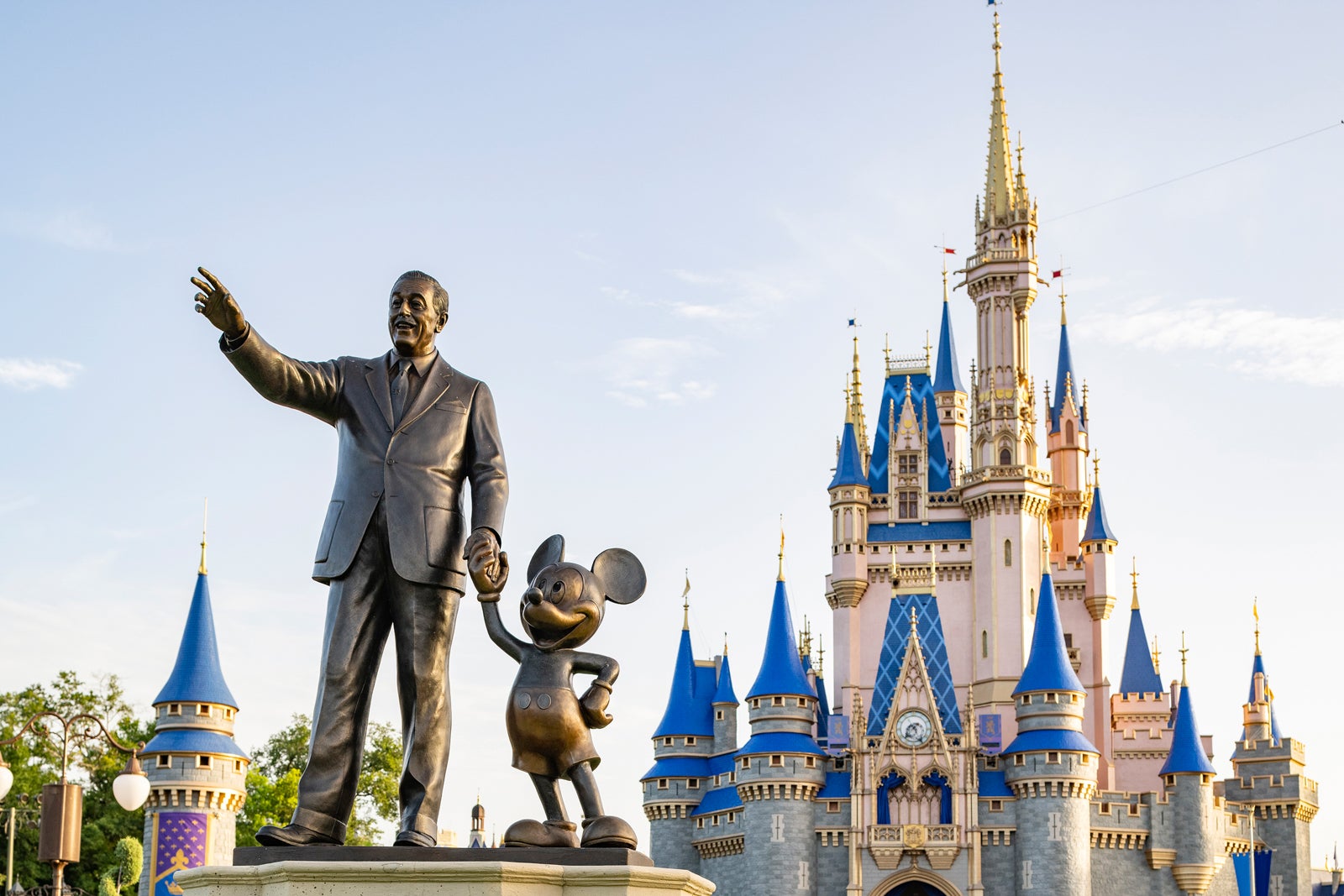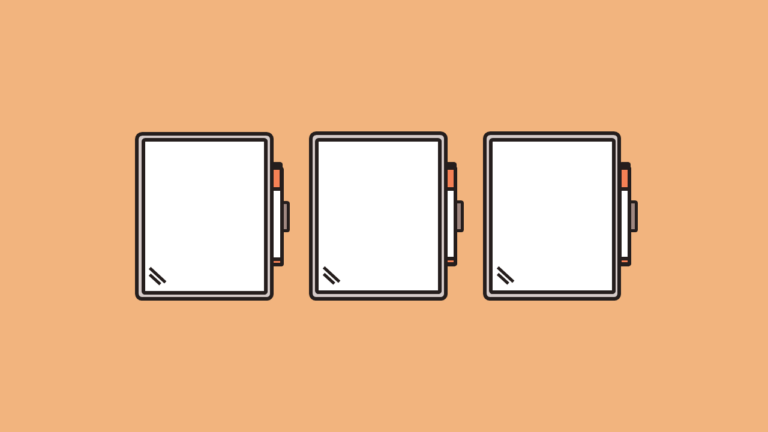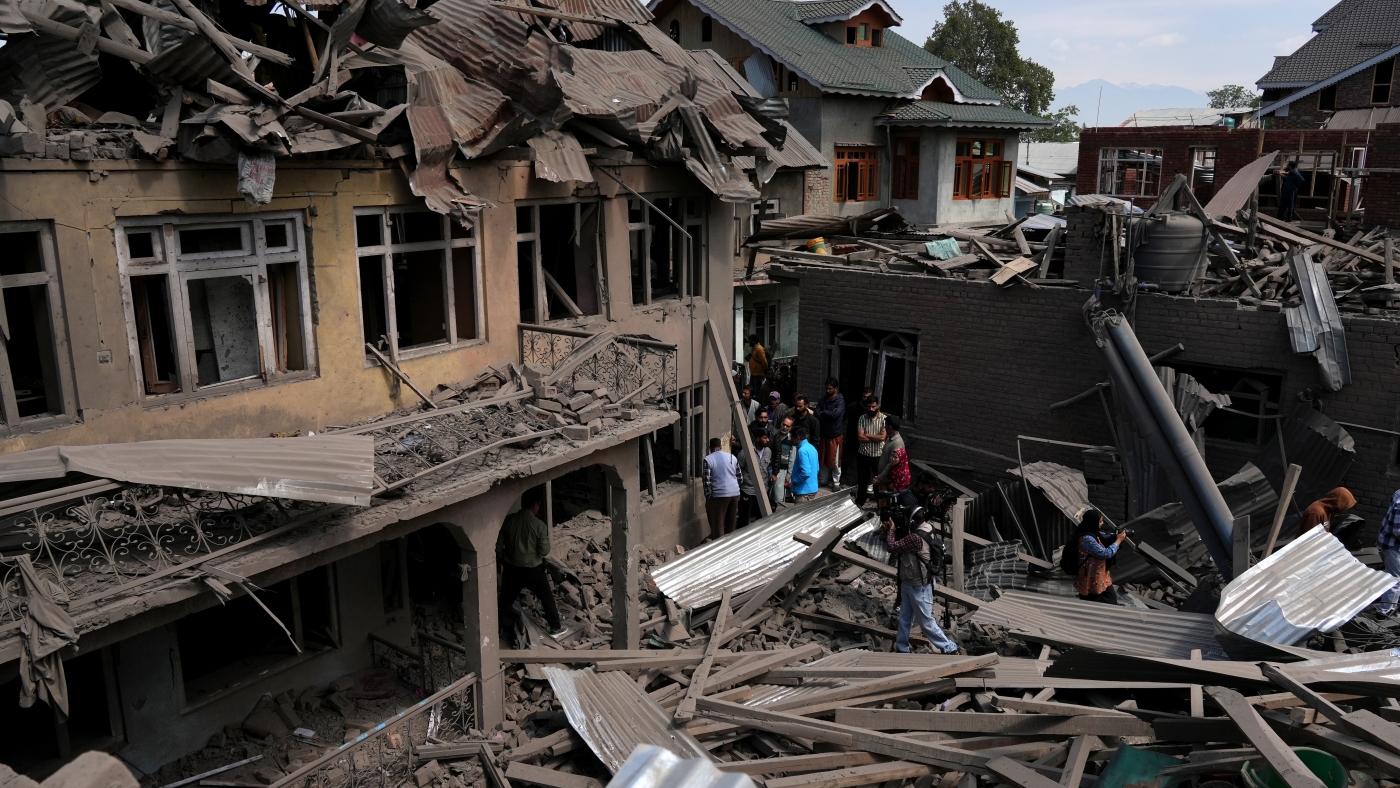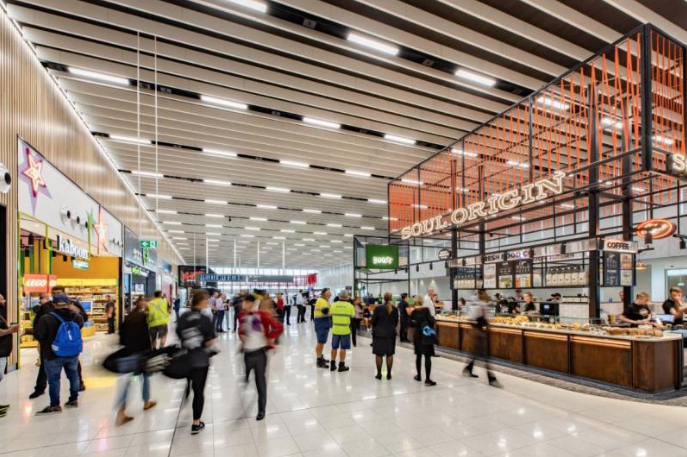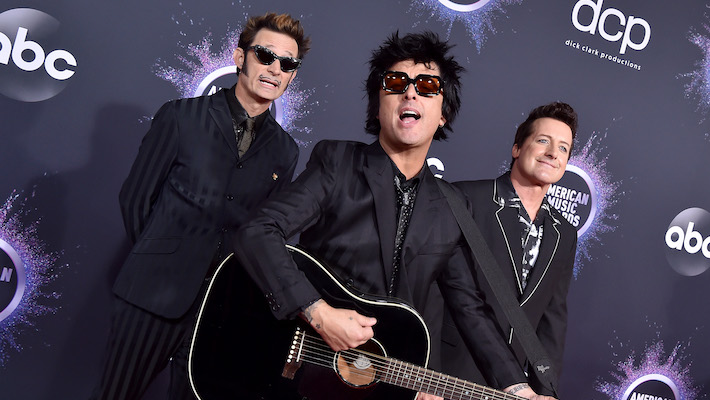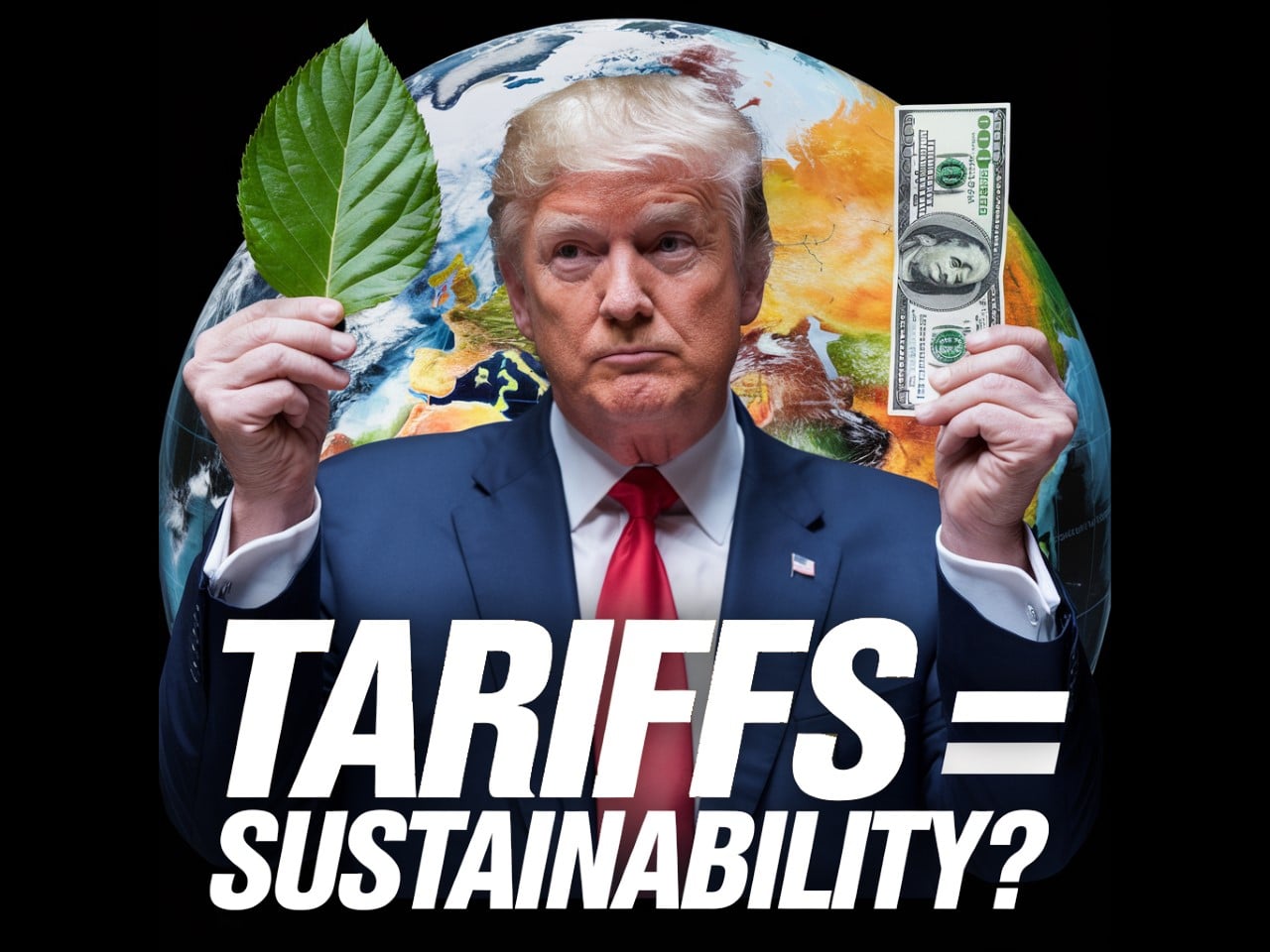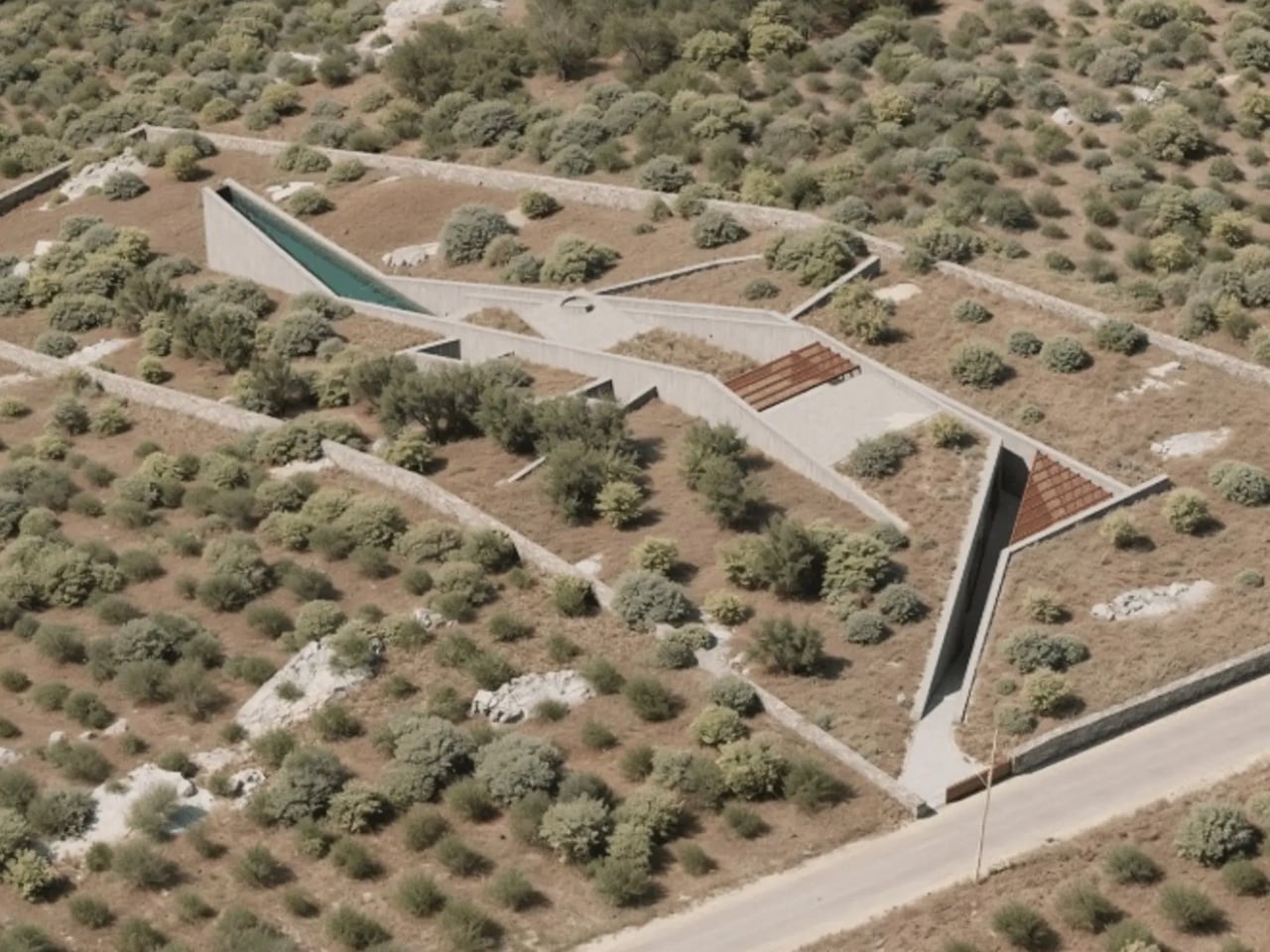Trump’s endgame on Iran a mystery as clock ticks on nuclear talks
The clock is ticking on President Trump’s two-month timeline to reach a deal with Iran over its nuclear program, with the president signaling optimism ahead of a third round of talks later this week. But it's still unclear if Trump and Iran's leaders can find common ground between eliminating Iran's nuclear program, the maximalist U.S....

The clock is ticking on President Trump’s two-month timeline to reach a deal with Iran over its nuclear program, with the president signaling optimism ahead of a third round of talks later this week.
But it's still unclear if Trump and Iran's leaders can find common ground between eliminating Iran's nuclear program, the maximalist U.S. demand, and returning to something more like the Obama-era nuclear agreement that restricted Tehran's ability to create a weapon, but left much of its nuclear infrastructure intact.
Trump has long trashed the Obama deal as weak, and both hawkish Republicans and Israel are likely to oppose any deal with similar terms. But Iran is certain to reject any deal that eliminates its nuclear program completely.
The stakes are high. Trump has suggested he may greenlight an Israeli military offensive on Iran's nuclear facilities if the talks fail.
Technical experts from the U.S. and Iran are expected to meet in Oman on Saturday.
Rafael Grossi, director general of the International Atomic Energy Agency (IAEA), told reporters on Wednesday both Iran and the Trump administration appear committed to reaching a deal.
“I think these are negotiations that are very, very serious. Are very, very serious,” he said during a visit to Washington, following meetings in Tehran last week. "I don’t see any improvisation here, not at all.”
Both sides have incentive to reach an agreement, least of which is avoiding deadly, destructive, conflict. Iran’s economy is suffocating under sanctions, and Trump, focused on expanding any lucrative business opportunities, is keen to avoid escalating military action in the Middle East.
“I'm not speaking for President Trump, but I believe President Trump's position is that he wants to exhaust all options short of military force first, before he considers any type of military action or possibly a naval blockade of Iran,” said Fred Fleitz, vice chair of the America First Policy Institute and former chief of staff of Trump’s first National Security Council.
“He has always taken the approach to national security, to keep our nation out of new and unnecessary wars, if at all possible.”
Trump reportedly sent a letter to Iran's Supreme Leader Ali Khamenei in March, laying out a two-month deadline for reaching a new nuclear deal. He has offered vague threats if no deal is reached.
“Something is going to happen very soon. I would rather have a peace deal than the other option, but the other option will solve the problem," he said last month.
Experts say, given the short time frame, a narrow framework is more achievable than a full-fledged deal aimed at being more robust than the Joint Comprehensive Plan of Action, or JCPOA. But even that has its challenges.
“The closest fish to the boat is clearly the nuclear piece, but I'm not sure how you get there in 60 days,” said Christopher Ford, who served as assistant secretary of State for international security and nonproliferation in Trump’s first term.
Ford, speaking on a panel hosted by the Carnegie Endowment for International Peace (CEIP) on Monday, said while Iran may be willing to ship out its stockpiles of enriched uranium — the fuel needed for a nuclear weapon — it is unlikely to give up its capacity to enrich completely.
Ali Vaez, the International Crisis Group’s Iran project director, said Iran may be open to compromise on issues beyond the nuclear file because of the reality on the ground — Israel has greatly weakened its proxy forces of Hezbollah in Lebanon and Hamas in the Gaza Strip, and destroyed its air defense systems in an October strike.
“They will not go for full dismantlement, they will probably go for restrictions and trust-building measures,” Vaez said on the CEIP panel.
Iran is also facing an October deadline of even harsher international sanctions if it fails to reach an agreement.
Under the terms of the Obama-era JCPOA, European signatories can petition the United Nations Security Council to snap back sanctions on Iran. The only way to block the reimposition of sanctions would be through passage of a resolution in the Security Council, a move that the veto-holding powers of the U.S., France and U.K. could invoke.
“My impression from talking informally with European interlocutors is that the Europeans are actually potentially willing to invoke snapback, but probably only if they feel that the U.S. is approaching this with a serious negotiating strategy,” said Ford.
“I don't think they're very eager to sort of roil their own relationships with Iran by doing snapback unless it contributes usefully to a negotiating answer.”
But Iran still holds leverage with the scope of its nuclear program, with Tehran assessed to be able to make enough fuel for one bomb within a week. Experts say its nuclear infrastructure is far more advanced and expansive compared to what it was in 2018, when Trump pulled the U.S. out of the Obama-era deal, and has only sped up since Trump was reelected last year.
“They [Iran] haven't taken any measure to reduce its enrichment production, its enrichment production since November 2024 has increased at a pace of sevenfold,” said Grossi.
The IAEA chief said Iran has moved from producing 60 percent enriched uranium at a rate of approximately 6 to 7 kilograms per month, to now 40 kilograms per month. Grossi also pointed to Iranian public statements of adding new cascades of centrifuges — increasing its capacity to enrich uranium.
And nuclear inspectors are being stonewalled from accessing sites under construction near its nuclear facility of Natanz, where more advanced centrifuges are expected to be placed.
“Since it is obvious it is in a place where numerous and important activities related to the program is taking place, we’re asking them, 'What is this for?' And they are telling us 'it’s none of your business,'" Grossi said.
“It’s a bit of a pingpong, but the dealing continues, the building continues, and we are looking into this and we’ll continue looking into this.”
Grossi said that the IAEA is standing by to verify any deal that may emerge between Washington and Tehran.
Trump and his top negotiator, Steve Witkoff, say they want to eliminate Iran’s ability to enrich uranium and weaponize its nuclear material. But those statements came after Witkoff suggested Iran could maintain enrichment to 3.67 percent, the amount accepted in the JCPOA — with the mixed messages raising concern in Israel.
“For us in Israel … our red line was always not Iran actually rushing to the bomb, but developing the capacity to rush to the bomb in short order. And that's why Israelis are concerned about Iran maintaining its nuclear infrastructure,” Israel’s former ambassador to the U.S., Michael Herzog, said in a discussion with the Jewish Institute for National Security of America on Monday.
“I don't know exactly where the U.S. administration is headed in this respect. The fact we hear different statements may indicate that there is still an internal argument within the administration.”
